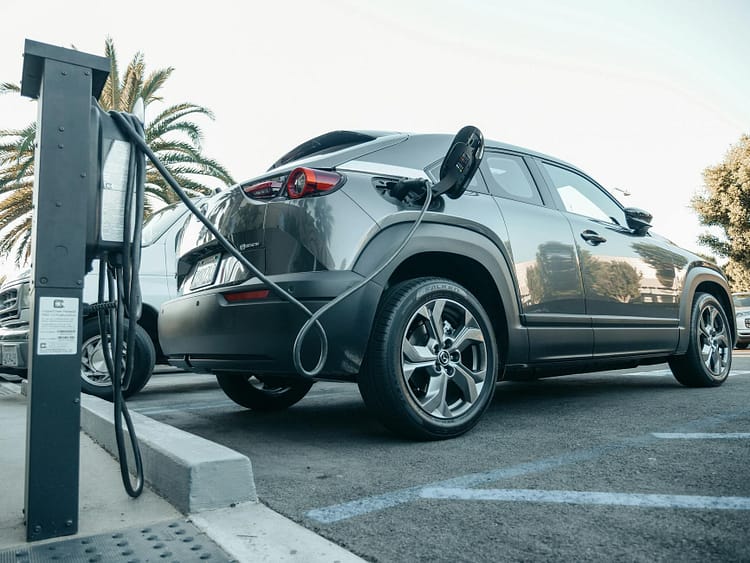This is a contributed post.
If you’re buying a new family car, or simply a new auto for yourself, you may want to consider driving an electric vehicle.
For many people who aren’t used to them, the thought might not go much further. But if you’re really interested, it’s worth taking the time to think about some of the implications of joining the wave of drivers who are swapping engines for batteries.
Know Your Budget
Understanding your budget is essential when considering an electric vehicle. While the upfront cost of EVs can be higher than that of traditional cars, the total cost of ownership can be lower over time due to savings on fuel and maintenance. EVs have fewer moving parts than internal combustion engine vehicles, which translates to lower maintenance costs and fewer mechanical issues.
However, it’s important to factor in the cost of installing a home charger if you don’t have one already, as well as potential incentives or tax credits that can reduce the purchase price. Additionally, consider the long-term financial implications, such as the potential resale value and savings from not purchasing gasoline.
Aligning your budget with the financial realities of owning an EV will help ensure that it’s a sound investment.
Try Out a Test Drive
Experiencing an electric vehicle firsthand through a test drive is crucial to understanding whether it suits your needs and preferences. EVs differ from traditional cars in several key ways, including acceleration, noise levels, and the overall driving experience.
During a test drive, pay attention to how the car handles, its responsiveness, and the comfort of the ride. Electric vehicles are known for their smooth, quiet operation and instant torque. This can make driving feel different—often more refined and less taxing.
There are differences between fully electric vehicles and hybrids as well, so checking out a brand that offers both, like with a Hyundai Tucson dealership can help you note those differences and which you like best. Additionally, take note of the available features, such as regenerative braking, which may require some adjustment. A test drive provides a direct comparison to what you’re accustomed to, helping you decide if an EV is the right fit for your lifestyle.
Check for Chargers in Your Area
One of the first steps in determining if an electric vehicle (EV) is right for you is to assess the availability of charging stations in your area.
Unlike traditional gasoline cars, EVs require regular charging. Access to reliable charging infrastructure is essential for convenience and peace of mind. If you live in an area with a network of public chargers, including fast chargers, owning an EV is a seamless experience.
However, if charging stations are sparse or you can’t install a home charger, this could be a significant limitation. It’s also important to consider your daily commute and whether your workplace or frequently visited locations offer charging facilities. A well-supported charging network can make driving electric as convenient as driving a conventional car.
With the tips above, you should have a good idea on figuring out whether or not an EV, hybrid, or other form of electric vehicle is for you.

